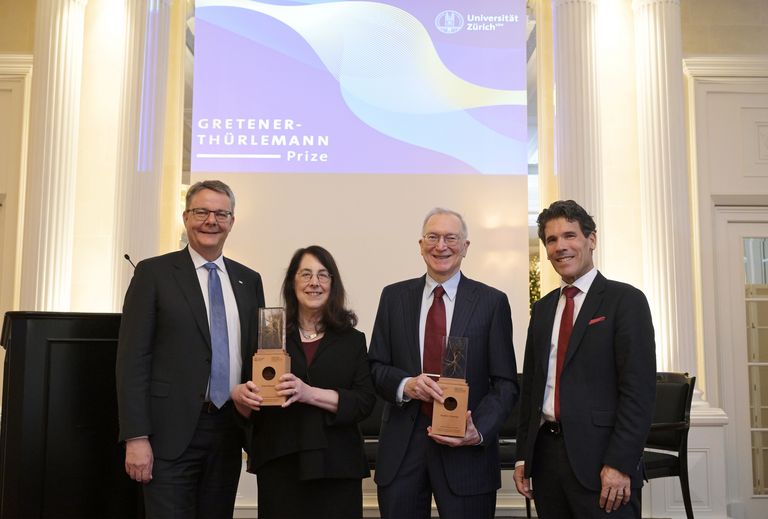Tackling major global issues requires more than individual efforts — it demands collaboration. The Mercator Foundation Switzerland has been at the forefront of this approach, practicing a collaborative approach for several years. As the foundation of the University of Zurich (UZH), we too are convinced of the potential of collaboration and are eager to integrate more such partnerships into our foundation’s work.
The world is facing challenges like climate change, social inequality, disease, and conflicts, all of which are marked by rapid change and growing complexity. Despite our best intentions, however, many solutions often seem insignificant in the grand scheme. Why? Because the scale of these problems often exceeds the capacity of any one individual or organization to address them effectively. What is needed is a shift toward cooperation across institutional, professional, and social boundaries. In the spirit of “Better Together.”
The Mercator Foundation Switzerland has set a remarkable and bold example in this regard. Its secret to success is collaboration, bringing together a wide range of players—science, civil society, politics, and business—on a shared platform. By pooling expertise, resources,
and perspectives, the foundation ensures that it isn't acting in isolation but rather leveraging synergies and shared goals. This approach fosters the development of broad-based strategies and solutions with greater impact and long-lasting effects.
“Whether it's climate change, social inequality, or conflicts: the key to finding answers to these challenges lies in cooperation. Let's develop big ideas together!”
Annelise Alig Anderhalden, CEO UZH Foundation
Diversity as a Creative Driver
This cooperative model brings with it even greater advantages. It opens up space for experimentation and encourages innovative, interdisciplinary approaches. In areas like democracy or climate policy, it's clear that real innovation often emerges only through partnerships. One such example is the launch of the “Digitalization & Democracy” funding program in January 2025, in partnership with the Hasler Foundation. This program supports cross-sector research projects addressing the intersection of digitalization, particularly AI, and democracy.
“When foundations join forces in funding consortia, they multiply their resources — and thus their impact.”
Andrew Holland, Managing Director Mercator Foundation Switzerland
For the UZH Foundation, this collaborative approach holds great promise. Many research fields at UZH are so vast and interdisciplinary that they can't be funded by a single foundation. This is where partnerships come into play, with multiple funding organizations pooling their resources to effect sustainable change. We at the UZH Foundation are excited about this approach and look forward to establishing more collaborations in the future.
![[Translate to English:] (c) Jason Goodman, unsplash](/fileadmin/_processed_/8/d/csm_Kollaboration_Kooperation_Mercator_jason-goodman-Oalh2MojUuk-unsplash_6ade7bba4b.jpg)


